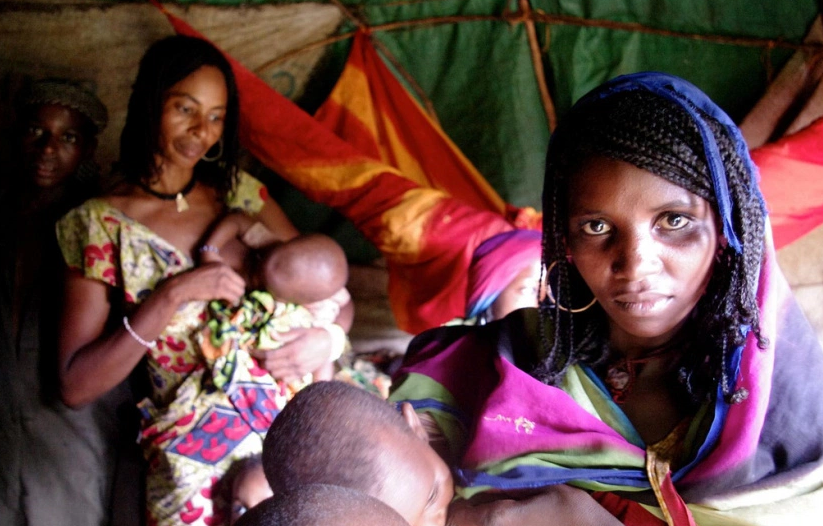I think 2015 will be remembered as the year when Europe finally woke up to the true reality of human suffering caused by war and violence across the world. So far this year, an estimated 750,000 people have braved the perils of travelling by land and sea to seek an escape from violence – and this number is set to increase into 2016. We are faced with a unique challenge and we must act collectively and decisively to bring an end to this misery.
However, the migrant crisis in Europe is only part of a much larger issue. According to UNFPA’s latest State of the World Population report (SWOP 2015), it is estimated that more than 100 million people globally are in need of humanitarian assistance as a result of conflict or disaster. About 26 million of these are women and adolescent girls in their childbearing years. This is a staggering amount that is hard to fathom. When dealing with numbers of this magnitude, I often think about the population of Ireland, which has about six million people. Now put 26 million women and adolescent girls aged 15 to 49 in this context – that’s more than four times the entire population of Ireland! This is an existing reality and an immediate one as without the usual protection of family and societal structures, women and girls can easily become victims of sexual violence, unintended pregnancies, and sexual transmitted diseases.
Unfortunately, the numbers get worse. Fragile States in or recovering from conflict account for 60 percent of the world’s people who are undernourished, 77 percent of the children not attending primary school, 70 percent of infant deaths and 64 percent of unattended births. In addition, the 10 countries with the highest maternal mortality ratios are those that are affected by war and unrest.
Ok, it’s bad. That is understood. But what is the way forward? What can we do to help the most vulnerable? Part of the response needs to be a focus on ensuring that women and adolescent girls of childbearing age gain access to sexual and reproductive health services.
At DSW, we have long campaigned for universal access to sexual and reproductive health and rights, as we believe that satisfying this need will lead to a prevention of unintended pregnancies, cut maternal death by a third, save the lives of thousands of newborn babies, and prevent HIV infections and other sexually transmitted diseases, as well as many other benefits in education and economic development. A focus on SRHR needs to be at the core of a crisis response as the benefit of intervention has the potential to grow exponentially and carry over from the initial crisis to the future as people and countries attempt the long process of rebuilding.
We have a long road ahead of us and many challenges to overcome. But we will and can do it. A better future for all is possible. We just have to believe it.
Photo: Courtney Wenduki (Creative Commons licensing)

